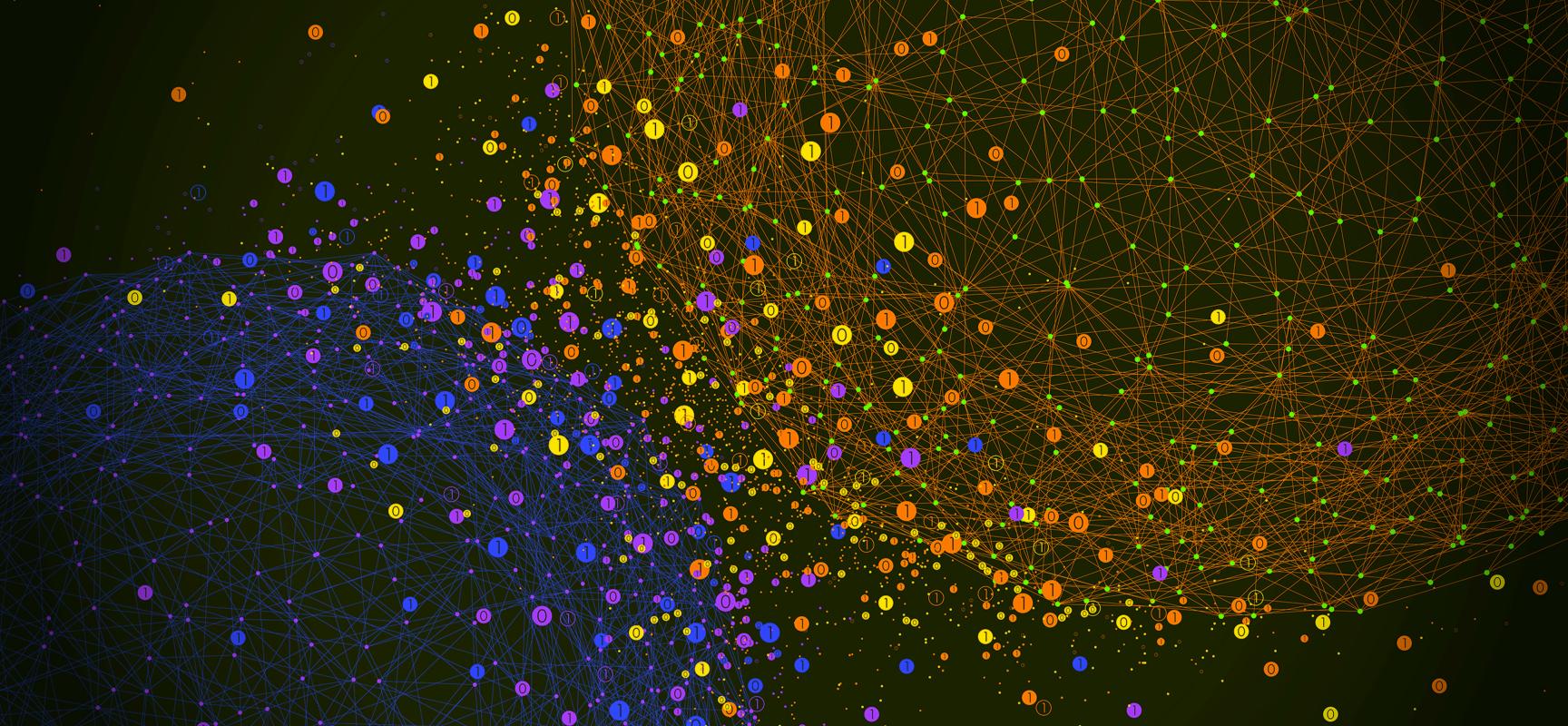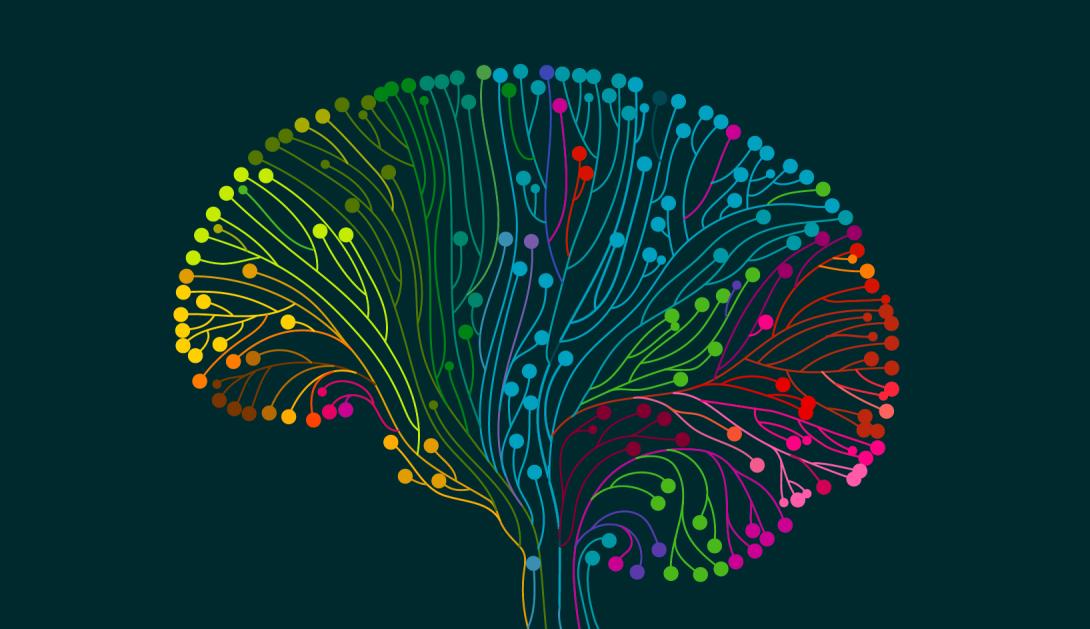
In April, the Simons Institute launched a Research Pod on Resilience in Brain, Natural, and Algorithmic Systems. The Resilience Pod will explore the...

The Simons Institute invites proposals for science communicator in residence visits of one to three weeks for Summer 2024, Fall 2024, and Spring 2025.
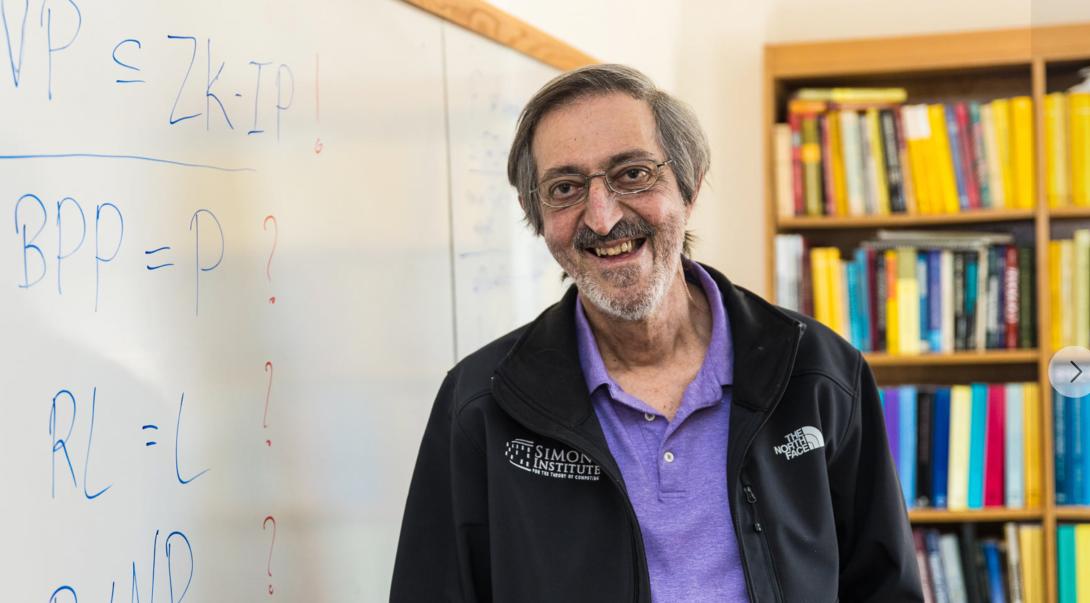
In celebration of Avi Wigderson’s receipt of the ACM A.M. Turing Award this year, we put together a playlist of Avi’s talks at the Simons Institute.
381 results
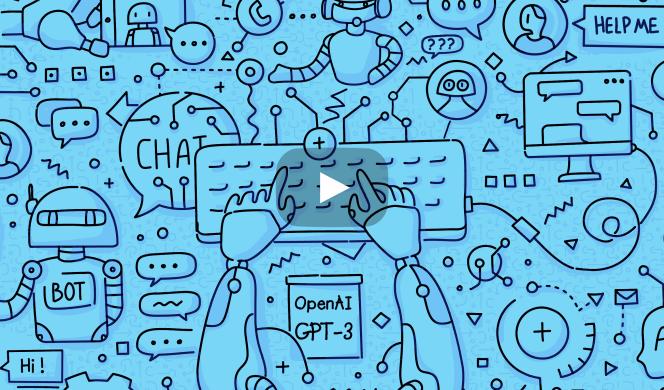
In his recent Theoretically Speaking public lecture, U.S. International Mathematical Olympiad team coach Po-Shen Loh (Carnegie Mellon) spoke on educational adaptation to generative AI.
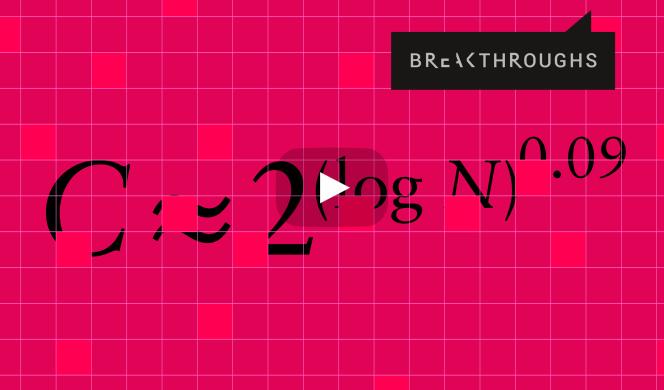
The Simons Institute’s Breakthroughs lecture series highlights major research advances in theoretical computer science, as they happen. This spring, Raghu Meka presented joint work with Zander Kelley on one of the most important open problems in additive combinatorics.
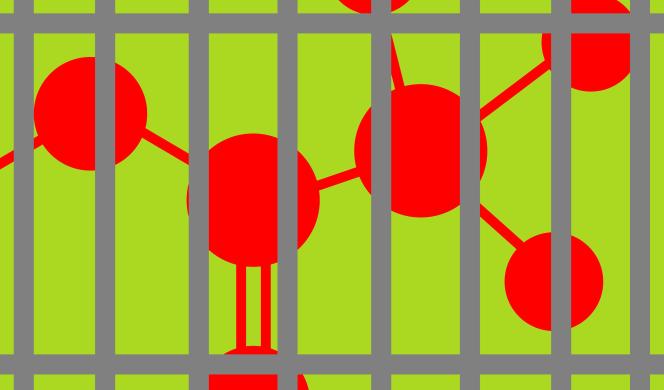
The term “mechanism” or “causal mechanism” is used in two possibly conflicting ways in causal inference literature. Sometimes “causal mechanism” is used to refer to the chain of causal relations that is unleashed between some stipulated triggering event (let’s call it X) and some outcome of interest (let’s call it Y). When people use the term in this sense, they mean “a causal process through which the effect of a treatment on an outcome comes about.” One could think of this use of the term as slowing down a movie about the causal process between the moment when X is unleashed and when Y obtains so that we can see more distinct frames capturing ever-finer-grained descriptions of prior events triggering subsequent events as they unfold over time.
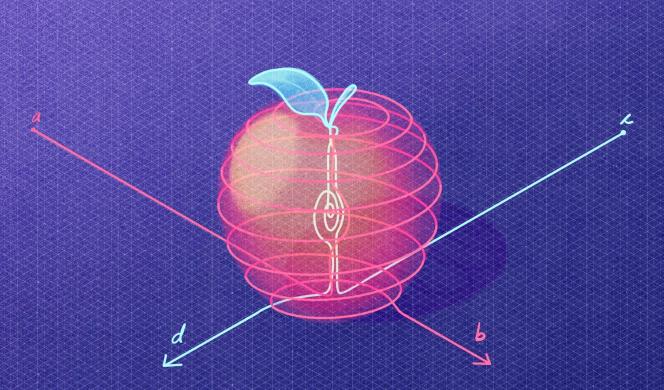
By imbuing enormous vectors with semantic meaning, we can get machines to reason more abstractly — and efficiently — than before. (Quanta Magazine)
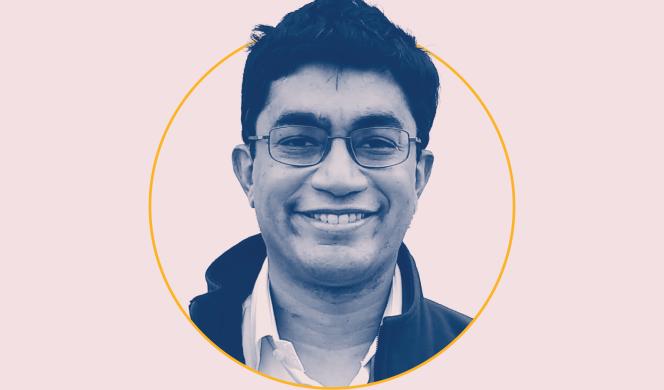
The prestigious awards recognize scholars with impressive achievements who also show exceptional promise in fields ranging from the natural sciences to the creative arts.
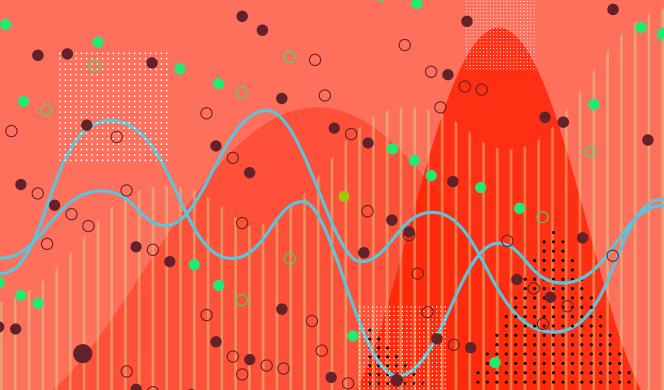
Theories of sequential decision-making have been around for decades but continue to flourish. The Simons Institute’s Fall 2022 program on Data-Driven Decision Processes provided an excellent overview of recent results in online learning and sequential decision-making.
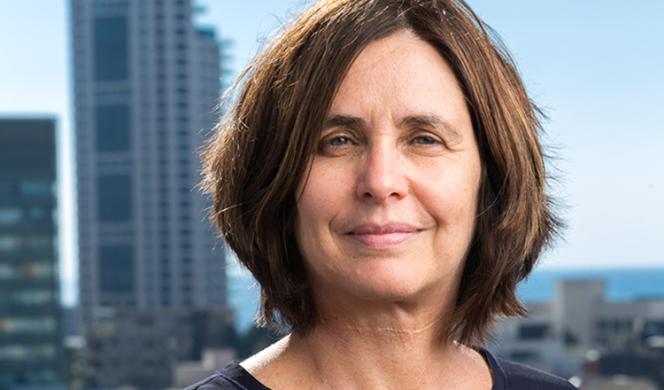
Dear friends,
I hope all of you are enjoying the arrival of spring.
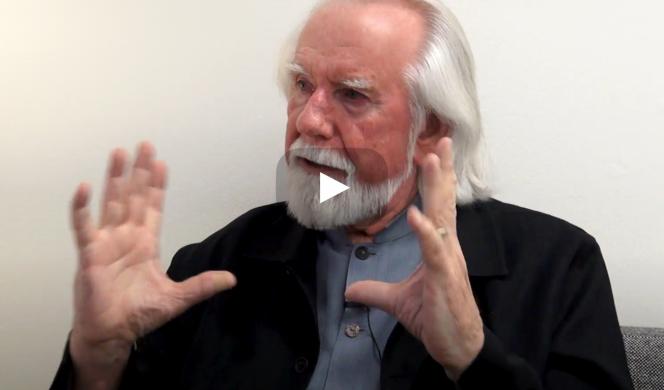
In this episode of Polylogues, Sandy Irani sat down with theoretical computer scientist, Pixar co-founder and FOCS Proceedings cover artist Alvy Ray Smith to discuss his rich and varied career.
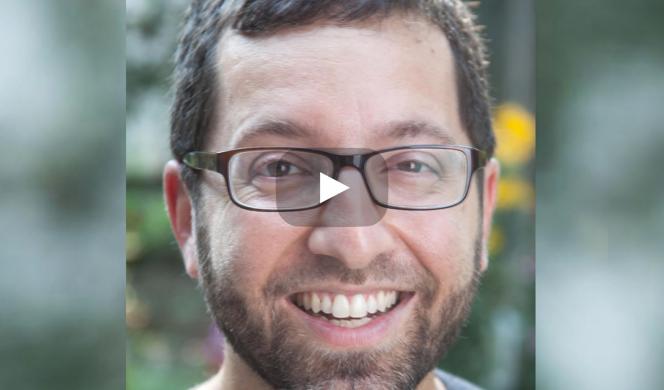
In his presentation at the Simons Institute, mathematician and best-selling science communicator Jordan Ellenberg (University of Wisconsin–Madison) emboldened his colleagues to practice the art of writing about science for a broad audience.
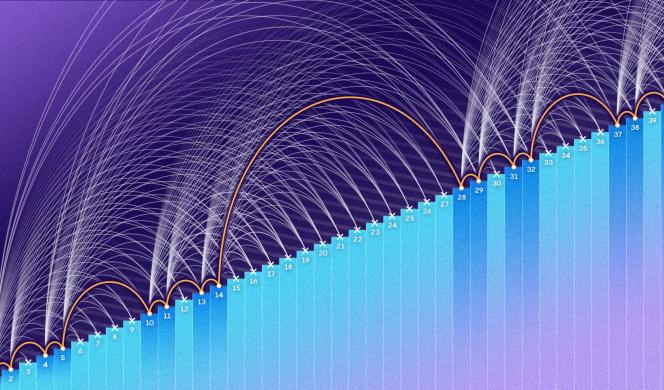
For decades, mathematicians have been inching forward on a problem about which sets contain evenly spaced patterns of three numbers. Last month, two computer scientists blew past all of those results.



